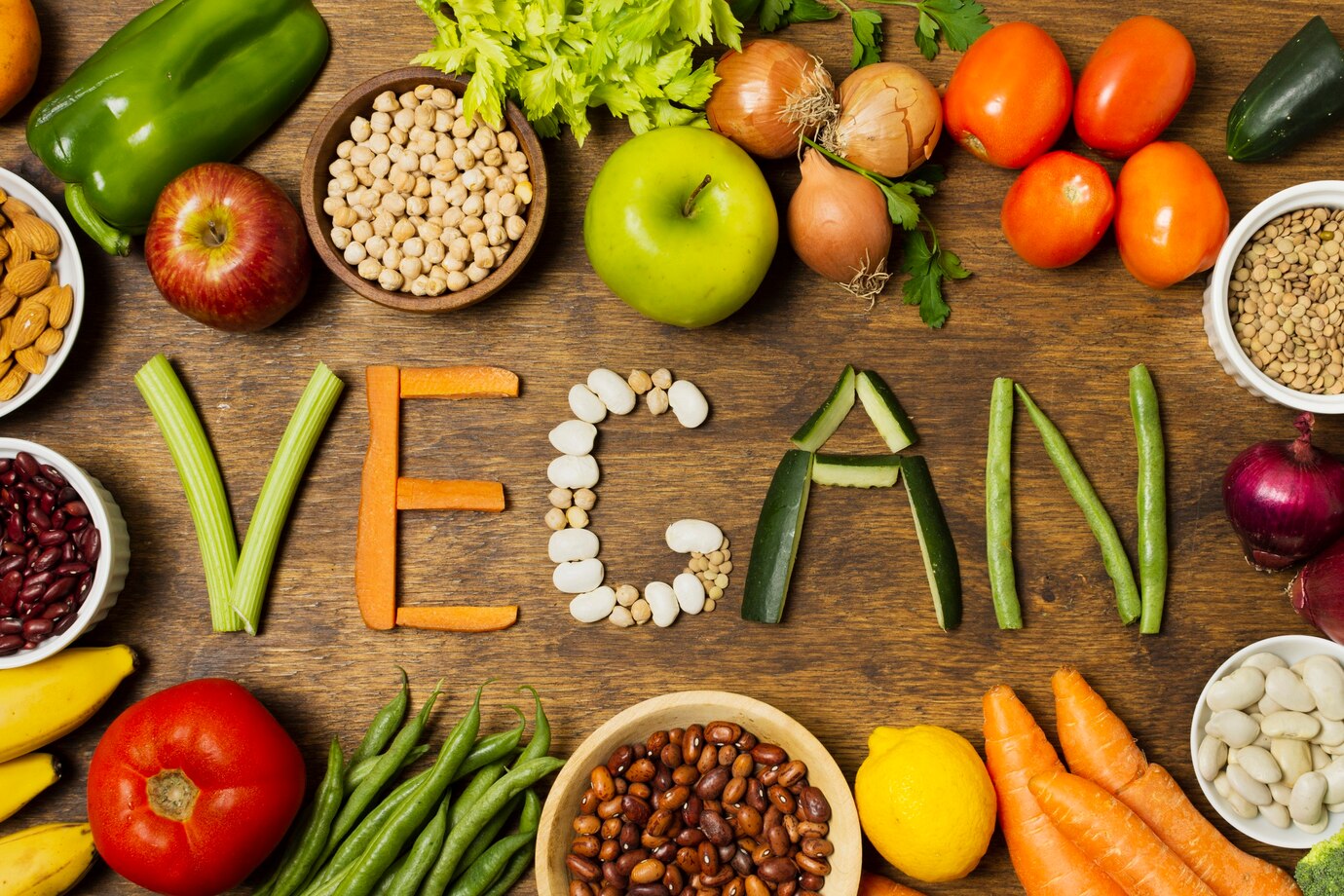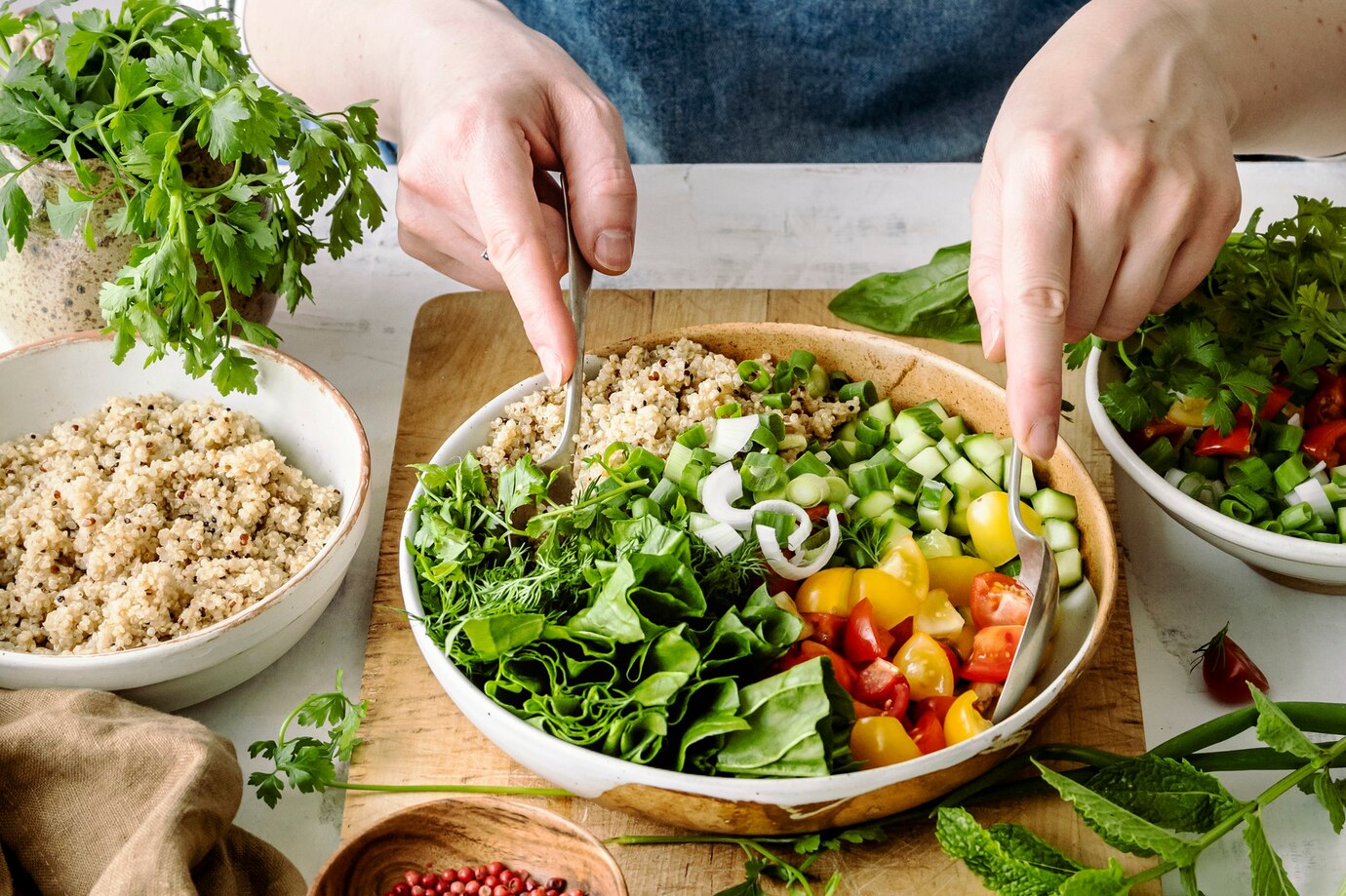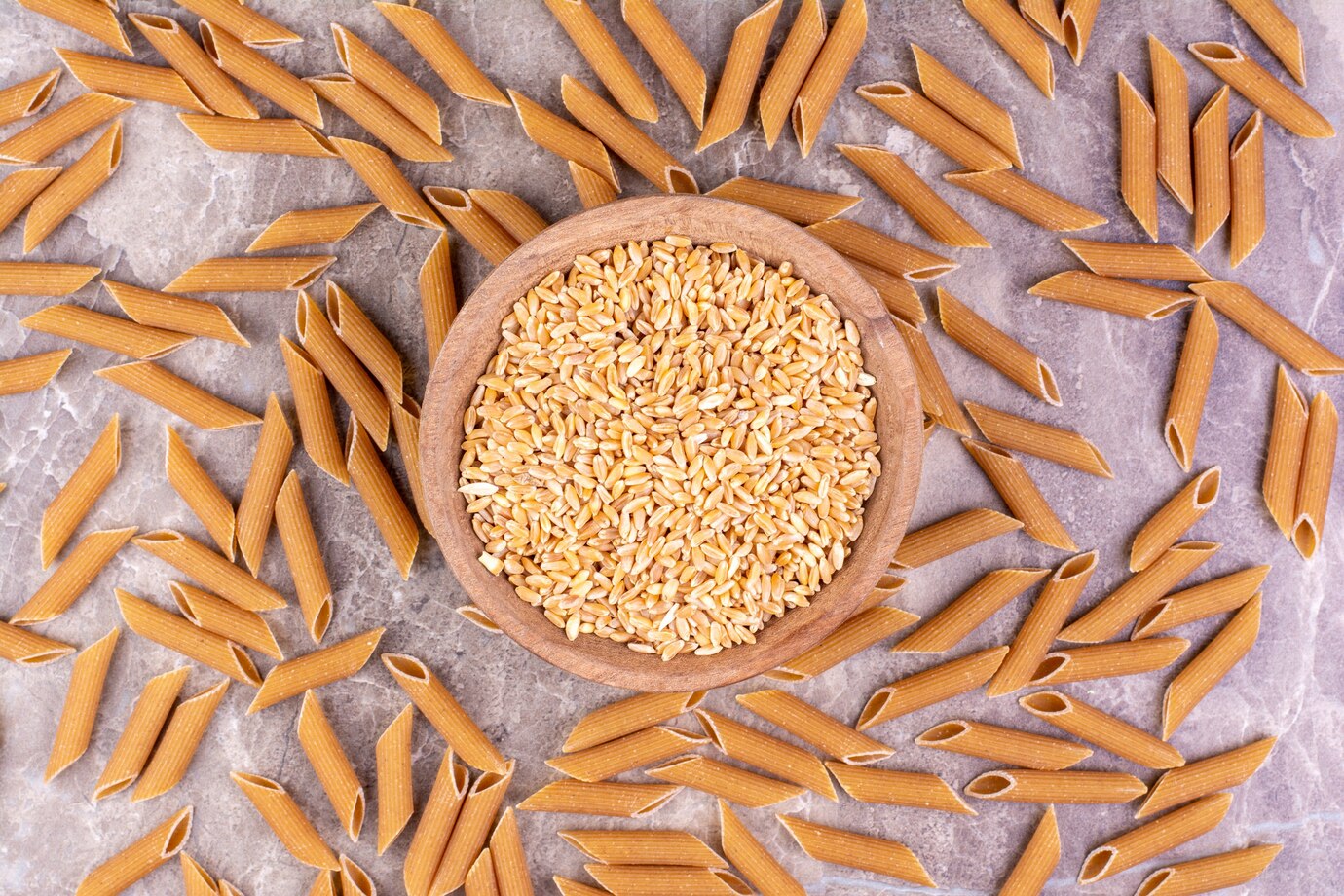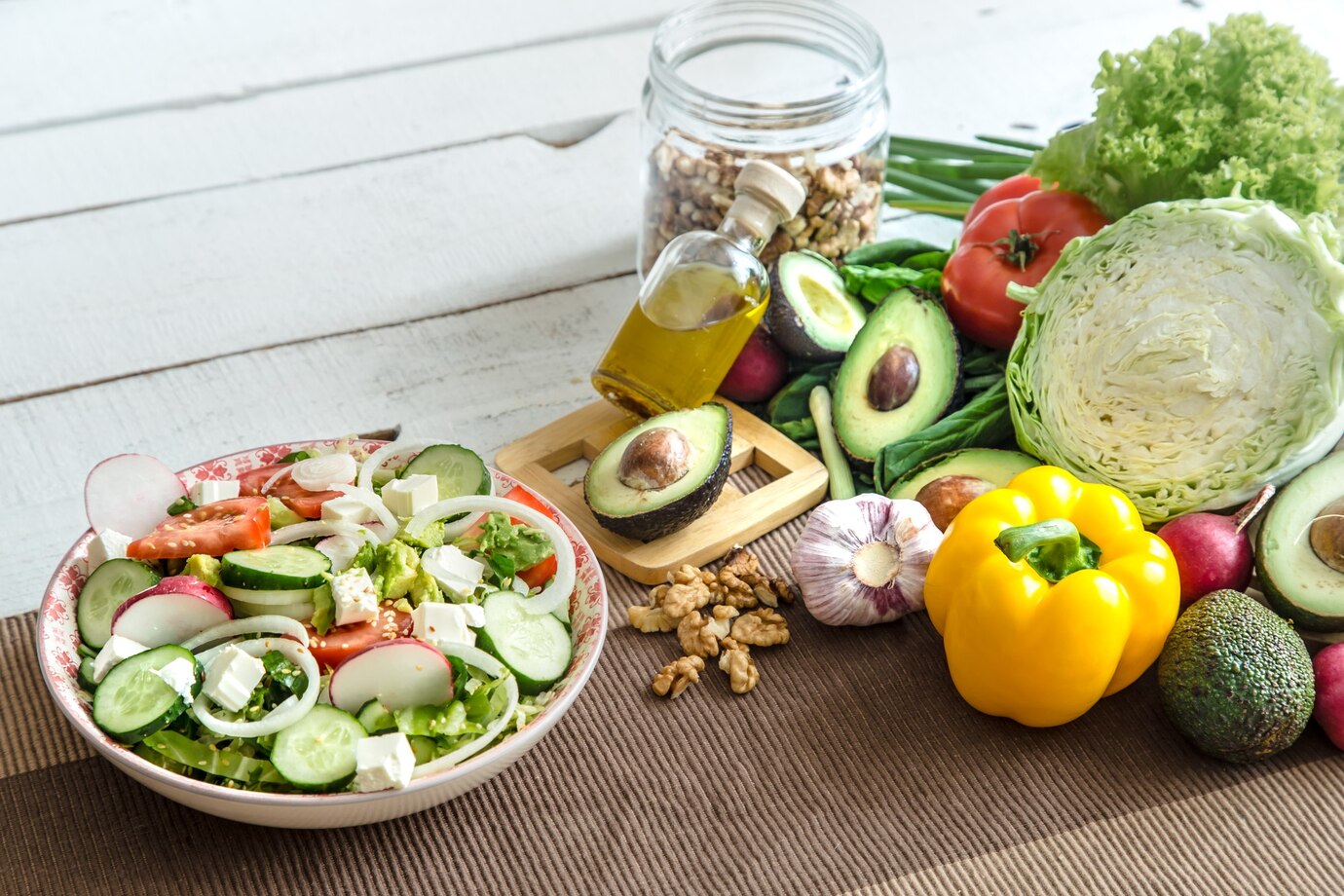
How to Start a Plant-Based Diet the Right Way
Here are some doubts about switching to a plant-based lifestyle. It is one of the most satisfying decisions you will ever make. This is good for your health, the environment, and animal welfare. But if you don’t know where to start, turning your ship around can feel daunting. These vegan nutrition and plant-based diet tips are helpful for understanding this diet. Also, you will learn about the best meat alternatives. Then, you make the transition easily and sustainably. This guide will take you through everything you need to know to ensure you start on the right foot.
Why Choose a Plant-Based Diet?

A plant-based diet isn’t about eliminating animal products. It’s also about embracing whole, nutrient-dense foods that nourish your body. Here are some key benefits:
Quick Guide: Starting a Plant-Based Diet
- Start Slowly – Ease into it with a few meat-free meals a week.
- Know Your Nutrients – Focus on protein, iron, B12, calcium, and omega-3s.
- Try Meat Alternatives – Explore tofu, tempeh, jackfruit, and more.
- Build Balanced Meals – Include protein, healthy fats, whole grains, and colourful veg.
- Stock Your Pantry – Keep plant-based staples like legumes, grains, and nuts on hand.
- Eat Out with Confidence – Check menus, call ahead, and embrace global cuisines.
- Stay Inspired – Follow blogs, read books, and join plant-based communities.
Pro Tip
Don’t worry about being “perfectly plant-based” from day one. Progress is more powerful than perfection. Focus on consistency, curiosity, and crowding your plate with vibrant, whole foods.
Important
Vitamin B12 is not naturally found in plant foods—make sure to supplement or eat fortified products regularly. It’s essential for nerve health and energy.
Health Benefits:
- Reduces the risk of heart disease, high blood pressure, and type 2 diabetes.
- Supports healthy digestion with fibre-rich foods.
- Promotes weight management and overall well-being.
Environmental Impact:
- Lower carbon footprint compared to animal-based diets.
- Reduces deforestation and water usage.
- Helps fight climate change by cutting down methane emissions from livestock farming.
Ethical Considerations:
- Prevents animal suffering by avoiding factory farming.
- Supports sustainable and cruelty-free food choices.
Step 1: Start Slowly
Switching to a plant-based diet doesn’t have to happen overnight. Gradual changes make the transition easier and more sustainable.
How to Ease Into a Plant-Based Diet:
- Start by adding more plant-based meals rather than cutting out animal products immediately.
- Experiment with Meat-Free Mondays or plant-based meals twice a week.
- Slowly replace dairy and meat with meat alternatives and plant-based dairy.
Pro Tip: Focus on what you can eat rather than what you’re eliminating. This mindset shift makes the transition smoother.
Step 2: Understand Vegan Nutrition Essentials
Ensuring balanced vegan nutrition is crucial for long-term success. Here are some essential nutrients to focus on:
1. Protein:
- Sources: Lentils, chickpeas, quinoa, tofu, tempeh, and black beans.
- Helps with muscle repair and overall body function.
2. Vitamin B12:
- Sources: Fortified plant-based milk, nutritional yeast, and B12 supplements.
- Essential for nerve function and red blood cell production.
3. Omega-3 Fatty Acids:
- Sources: Chia seeds, flaxseeds, walnuts, and algae-based supplements.
- Supports brain health and reduces inflammation.
4. Iron:
- Sources: Spinach, lentils, tofu, pumpkin seeds, and fortified cereals.
- Pair iron-rich foods with vitamin C sources. Options like citrus fruits or bell peppers improve iron absorption.
5. Calcium:
- Sources: Fortified plant milk, kale, almonds, and tahini.
- Essential for bone health and muscle function.
Pro Tip: Track your nutrient intake using apps like Cronometer. It is to ensure balanced vegan nutrition.
Step 3: Explore Meat Alternatives
Switching from animal products doesn’t mean sacrificing taste or texture. There are many delicious meat alternatives available that mimic traditional meats.
Best Meat Alternatives to Try:
- Tofu & Tempeh: High-protein soy-based options great for stir-fries, grilling, or marinating.
- Seitan (Wheat Gluten): A chewy, high-protein alternative. It is ideal for mock meats like vegan chicken.
- Jackfruit: A perfect replacement for pulled pork in tacos and sandwiches.
- Mushrooms: Rich in umami flavour, ideal for burgers and stews.
- Legume-Based Burgers: Made from lentils, chickpeas, or black beans, offering excellent protein content.
Pro Tip: Experiment with different meat substitutes. Find your favourites and make meals exciting.
Step 4: Plan Balanced Plant-Based Meals
Planning your meals ensures you get all the necessary nutrients and stay on track.
How to Structure a Nutrient-Dense Plant-Based Meal:
- Protein: Include a plant protein source such as lentils or tofu.
- Healthy Fats: Add avocado, nuts, or olive oil for satiety.
- Fibre-Rich Carbs: Opt for whole grains like brown rice or quinoa.
- Vegetables: Load up on a variety of colourful veggies for vitamins and minerals.
- Flavour Boosters: Use fresh herbs, spices, and citrus for added taste.
Pro Tip: Batch cook meals and store portions in the fridge or freezer for ease of convenience.
Step 5: Stock Your Kitchen with Plant-Based Essentials

A well-stocked pantry makes plant-based cooking easier and more enjoyable.
Must-Have Staples:
- Grains: Quinoa, brown rice, whole-wheat pasta, oats.
- Legumes: Chickpeas, black beans, lentils, kidney beans.
- Nuts & Seeds: Almonds, walnuts, sunflower seeds, chia seeds.
- Plant-Based Dairy: Almond, soy, oat, or coconut milk.
- Meat Alternatives: Tofu, tempeh, jackfruit, seitan.
- Spices & Condiments: Nutritional yeast, tahini, miso, tamari.
Pro Tip: Shop in bulk to save money and reduce packaging waste.
Step 6: Eating Out & Social Situations
Navigating restaurants and social events can be tricky. But with some preparation, you can manage it.
Tips for Dining Out:
- Research menus beforehand to find plant-based options.
- Call ahead to request vegan-friendly substitutions.
- Opt for cuisines with plant-based dishes, such as Thai, Indian, or Mediterranean.
Handling Social Gatherings:
- Offer to bring a plant-based dish to share.
- Communicate your dietary preferences with the host in advance.
- Focus on the social aspect rather than just the food.
Pro Tip: Most UK restaurants now offer plant-based menus. Don’t be afraid to ask for substitutions.
Step 7: Stay Motivated & Educated
Staying informed and inspired is key to long-term success on a plant-based diet.
Ways to Stay Motivated:
- Follow plant-based food bloggers and social media accounts for recipe ideas.
- Read books like How Not to Die by Dr Michael Greger or The China Study.
- Watch documentaries like Game Changers, Forks Over Knives, or What the Health.
- Join local or online vegan communities for support and inspiration.
Pro Tip: Set small, achievable goals, such as trying one new plant-based recipe each week.
5 Frequently Asked Questions (FAQs)
1. Do I need to go fully vegan to start a plant-based diet?
Not at all. A plant-based diet is about focusing on whole plant foods. You can gradually reduce animal products over time—it’s your journey.
2. Can I get enough protein on a plant-based diet?
Absolutely. Foods like lentils, tofu, quinoa, tempeh, and beans are excellent plant-based protein sources.
3. What if I crave meat or cheese?
Cravings are normal when changing eating habits. Try satisfying alternatives like vegan cheeses or marinated tofu for a similar flavour and texture.
4. Is a plant-based diet more expensive?
It can actually be cheaper! Staples like beans, rice, oats, and seasonal produce are budget-friendly. Processed vegan foods tend to cost more, so stick to whole foods when possible.
5. What supplements should I take?
The main ones to consider are Vitamin B12, Vitamin D (especially in winter), and possibly Omega-3 (from algae oil). Always check with your GP or a dietitian.
The Plant-Based Diet Life for You

On your plant-based journey, you’ll likely have many different stages of food transformation. If you follow these plant-based diet tips, you will have proper vegan nutrition. So eat away for a sustainable and pleasant lifestyle. Progress is better than perfection after all. Every plant-based dish and meat alternatives you consume helps!
Are you adopting plant-based nutrition? Is there someone you know who eats a plant-based diet? What was their experience? Share your experiences and favourite tips in the comments below!


